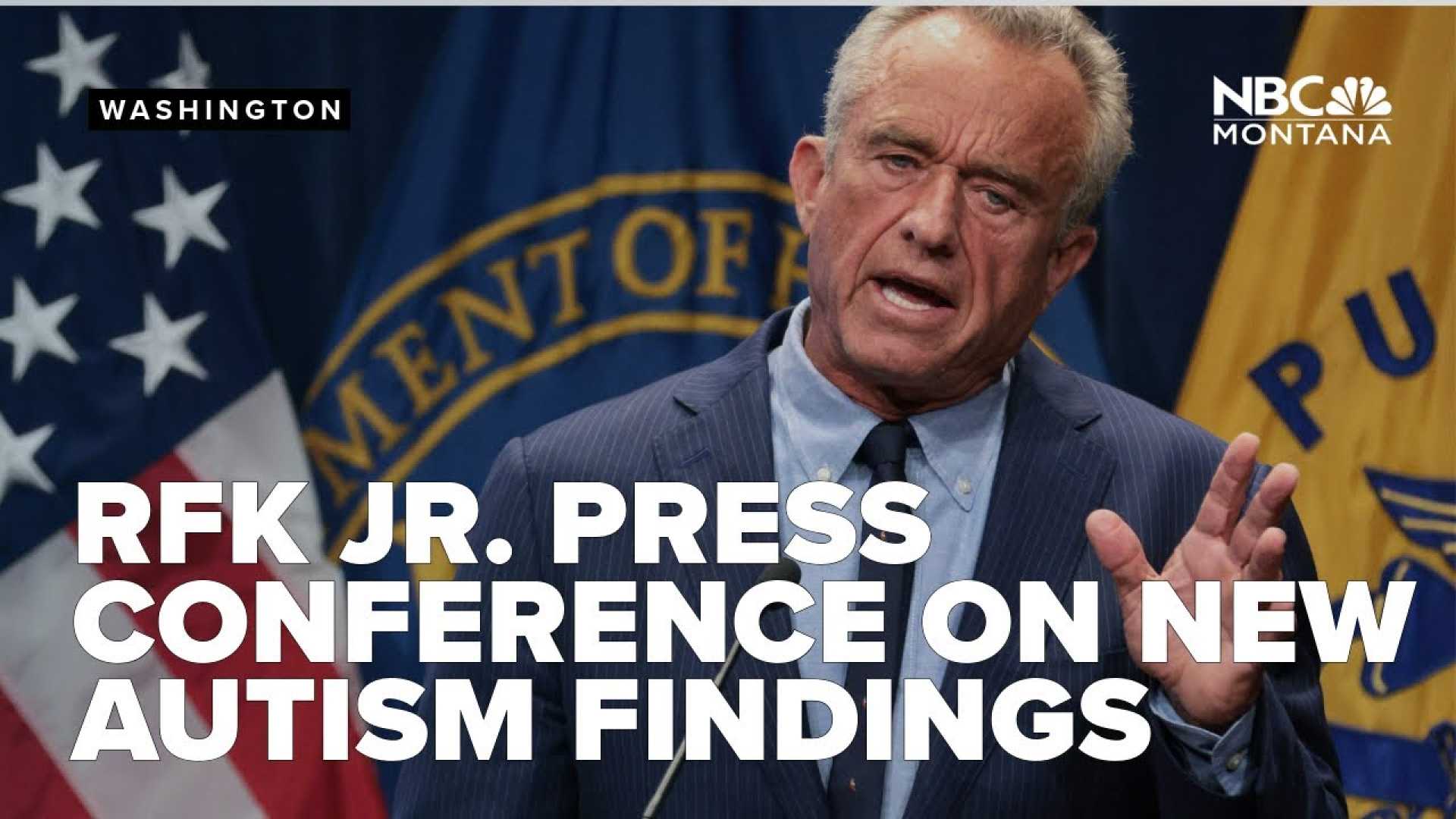Health
Kennedy’s Autism Claims Spark Outrage as Experts Push Back

CEDAR RAPIDS, Iowa — On April 16, Health and Human Services Secretary Robert F. Kennedy Jr. stirred controversy during a news conference by suggesting that autism negatively impacts families and children’s futures. His statements have drawn sharp criticism from parents, advocates, and autism experts.
Kennedy claimed, “This is part of an unrelenting upward trend. Overall, autism is increasing in prevalence at an alarming rate. The epidemic is real.” He asserted that children diagnosed with autism and its variants would struggle to lead normal lives, stating, “They’ll never hold a job. They’ll never play baseball. Many of them will never use a toilet unassisted.”
Parents of autistic children reacted strongly to Kennedy’s remarks, calling them both hurtful and misleading. Mike Stout, a Norwalk resident and father of an autistic child, remarked, “His comments are outlandish and jaw-dropping. Unfortunately, they’re coming from the top of the chain with HHS.” Stout emphasized that these stigmatizing comments could misinform the public about the capabilities of individuals on the autism spectrum.
Brad Zelinger, founder and CEO of Stride, a therapeutic center for children with autism, responded critically to Kennedy’s claims. “His comments sort of categorically assumed that all expressions of autism make people less capable. Many individuals with autism possess amazing strengths and abilities.” Zelinger noted that children diagnosed with autism have their own dreams and aspirations, advocating for understanding and support during Autism Awareness Month.
The remarks come as new data reveals an increase in autism diagnoses, showing that one in 31 eight-year-olds in the U.S. was diagnosed with the disorder in 2022. Experts attribute the rise to better diagnosis and awareness rather than an actual increase in the condition. “This is not an epidemic. This is just us doing a better job of identifying autistic children that have existed before,” said Dr. Sara Swoboda from the American Academy of Pediatrics.
In response to the growing number of autism cases, Kennedy announced plans for the National Institutes of Health to investigate potential “environmental exposures” he believes contribute to autism. He expressed determination to find a solution, stating he expects to have answers by September. During his press conference, he did not elaborate on specific toxins but implied a potential link between vaccines and autism.
While advocates and medical professionals have maintained that scientific evidence does not support a connection between vaccines and autism, Kennedy’s ties to the anti-vaccine movement add another layer to the ongoing debate. “All of the scientific evidence points to an improvement in access to services as being a driving force,” said Alycia Halladay, chief science officer at the Autism Science Foundation. “There is no evidence that 85% of the increase in prevalence is due to environmental ‘toxins.’”
The rhetoric from Kennedy is especially concerning to advocates who fear that it could lead to increased stigma against autistic individuals. Advocates stress the importance of seeking precise information and directly listening to the voices of autistic individuals and their families.
Stout concluded with a call for public education: “There are great resources out there. I’d encourage people to learn. That’s the only way that you’re going to grow and get past these stigmas.”












